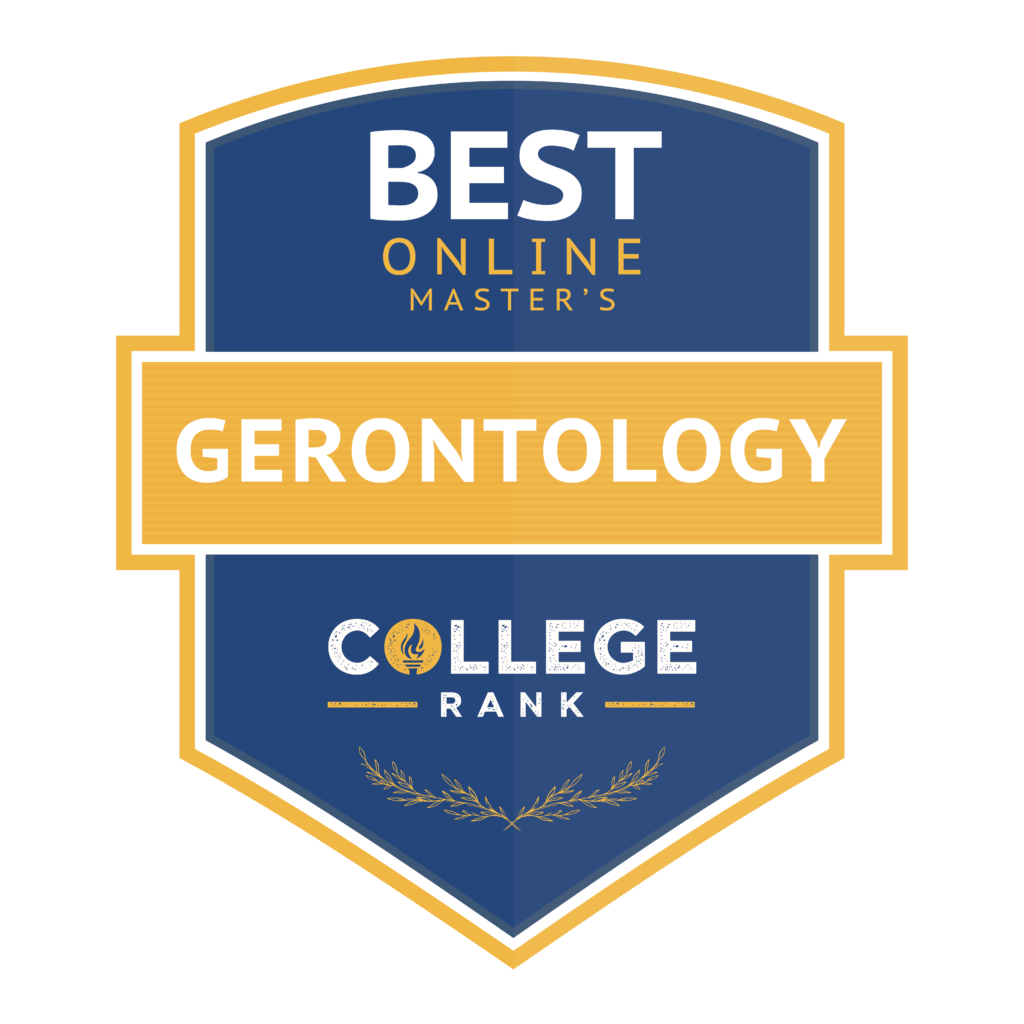Professionals that earn one of the best online master’s in gerontology degrees will meet the needs of older adults on a mental, social, emotional, and physical level.
With an ever-growing and aging population, skilled professionals who understand the science behind old age are essential to the overall well being of humanity. One thing is for certain: human beings age. Having more health professionals focusing their attention in the older demographic can change the trajectory of our lifespan and overall happiness.
There is no better time than now to study the elderly by taking advantage of technology to further understand this inevitable time period in each and every life. After all, the U.S. Census Bureau projected that, for the first time in U.S. history, older adults will begin to double and eventually outnumber children between 2012 and 2060.
What are the Best Master’s in Gerontology Degrees?
We know that you have educational goals that you’re itching to pursue, but you may not know where to start. The editors of CollegeRank utilize a unique ranking methodology based on the following three aspects:
40% Potential Salary After Graduation: Average mid-career salary of school alumni
30% Institutional Accreditation: Regional and National Accreditation for the 2019-2020 school year
30% Overall Degree Affordability: Average cost of undergraduate and graduate tuition per school
At CollegeRank, we strive to do our best to guide you and your family toward a fruitful academic career. The pursuit of knowledge is a noble one, and we want to help you reach your goals. For questions, comments, badge downloads, or data corrections, please feel free to reach out to us at editor@www.collegerank.net.
The University of Utah

Fully deserving of the No. 1 spot on our list is the University of Utah, with its interdisciplinary Master of Science in Gerontology degree. This program requires completion of a core curriculum of 21 credit hours, a 150-hour practicum, and six or nine elective courses, depending on whether one chooses to write a thesis or complete a master’s project. A master’s project encompasses four credit hours, while a thesis is worth six credit hours. This equals 34 hours for those completing a project and 33 hours for a thesis.
Admissions requirements for this program are stringent. At a minimum, applicants must submit a completed application, transcripts from all colleges and universities previously attended, hold a bachelor’s degree from a regionally accredited college or university, show a minimum 3.0 GPA, present a current resume, three professional references, and a professional goals statement.
Applications are reviewed by the Office of Graduate Admissions and the Gerontology Interdisciplinary Program; in other words, successful applicants must be accepted by both offices before enrolling in the program. The application deadline for fall semester enrollment is December 1. Roughly 12-15 students are accepted and begin work each fall.
Iowa State University
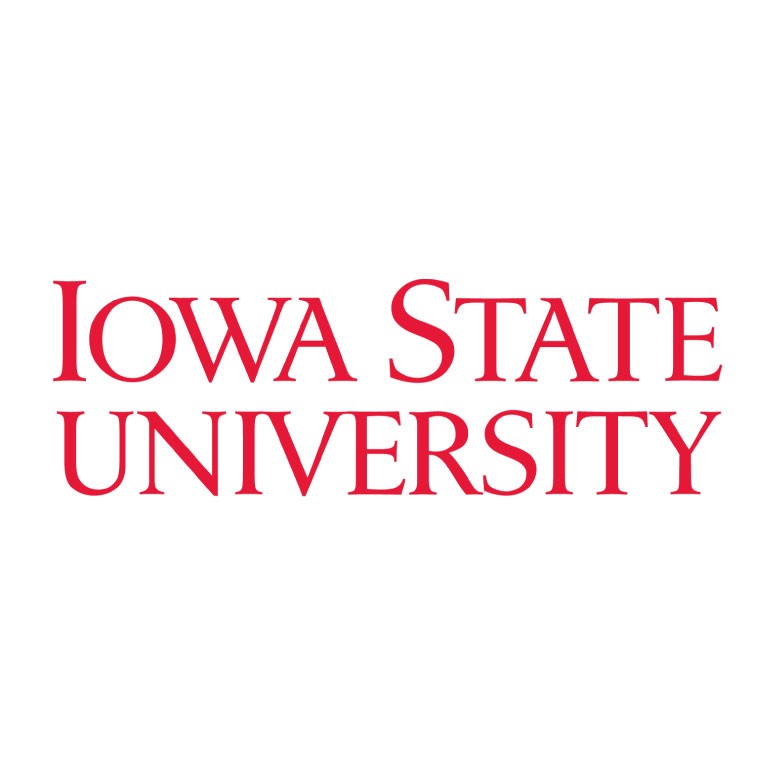
Iowa State University’s master’s degree in family and consumer sciences with gerontology is designed for professionals either working directly with the eldery or who are involved in related education and research.
This 36-credit hour program includes 24 hours of required courses and 12 hours of electives. No final project or thesis is required. Classes connected to all sorts of industries and fields of study are offered, such as Economics, Public Policy and Aging, Environments and Aging, and Aging in the Family.
Many of the admission requirements are similar to those of other schools, including a bachelor’s degree from a regionally accredited college or university, GPA of 3.0 or higher, three letters of recommendation, a statement of purpose, and a resume. Applications are accepted year-round, though recommended admissions deadlines are Feb. 15 for summer and fall admission and Sept. 15 for spring admission.
Kansas State University
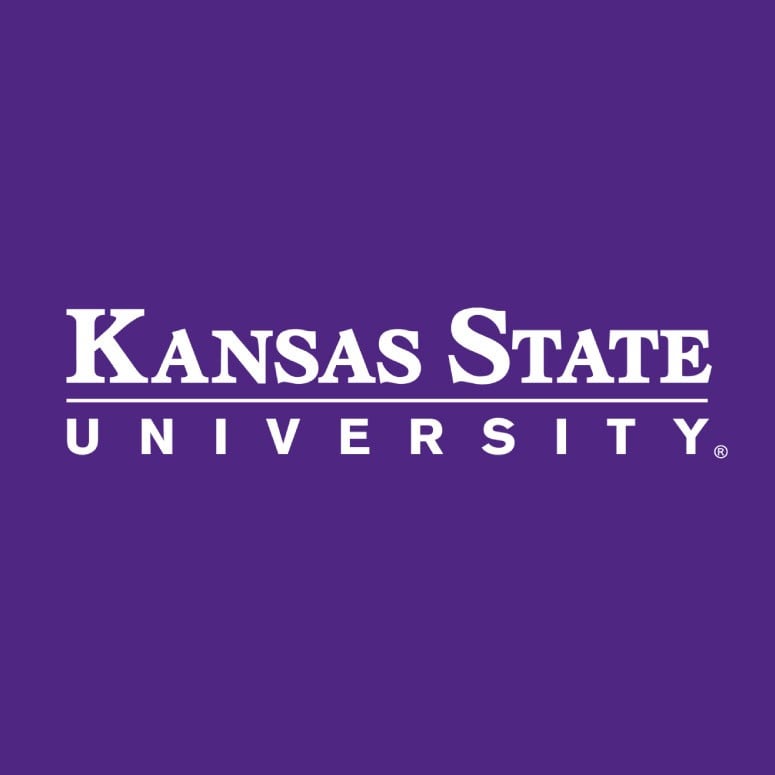
Kansas State University’s master’s degree in gerontology enjoys a fine reputation for good reason. The program aims to provide students with the core competencies identified by the Association for Gerontology in Higher Education and draws on the expertise of graduate faculty who have dedicated their professional lives to the field. Students completing this program earn a Master of Science in Human Development and Family Science, with a specialization in gerontology.
The structure of the program calls for completion of 36 credit hours – 24 core hours and 12 elective hours; no final project or thesis is required. Prospective students must hold a bachelor’s degree with at least a 3.0 GPA in their last 60 credit hours.
Applications are accepted year-round, and applicants are encouraged to apply two to three months prior to the start of their preferred semester. The application fee for US residents is $65, while it is $75 for international applicants.
University of Nebraska at Omaha
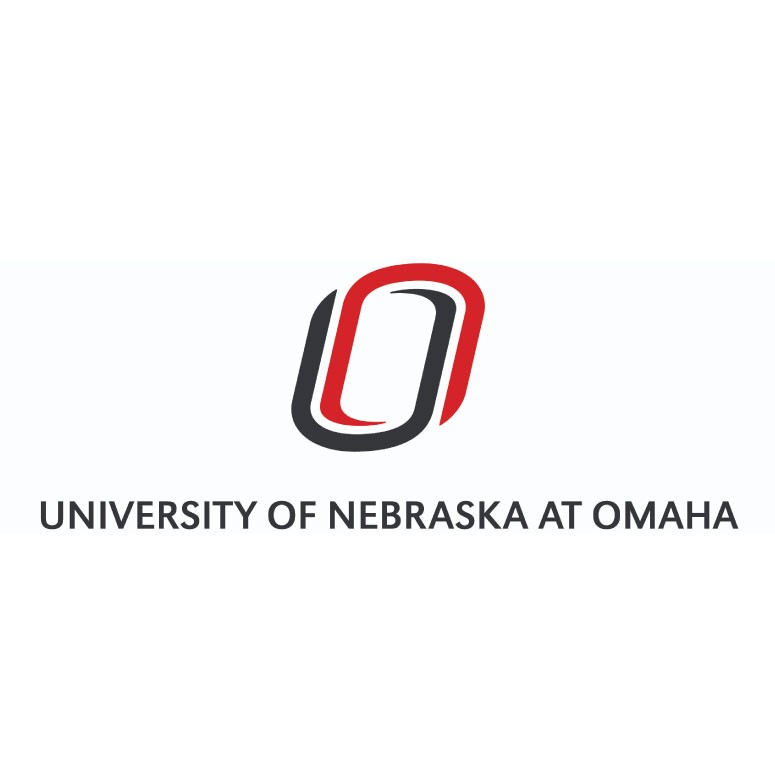
The University of Nebraska at Omaha offers a Master of Arts in Social Gerontology specifically designed to meet the educational needs of students who are mainly interested in research and professionals who are already working in the field. UNO offers two degree options, both of which are available online or on campus.
Students who choose to pursue the thesis option will learn how to conduct research of their own and gain the knowledge and insight needed to interpret their findings critically. Those who opt for the non-thesis option (often current practitioners who need a deeper understanding of normal and abnormal age-related changes) will design, implement, and evaluate specific programming for the elderly with whom they currently work.
Applicants must hold a bachelor’s degree with a minimum 3.0 GPA. Applicants must also be accepted to UNO’s Graduate Studies department (the larger department within which the gerontology program is contained) and submit a writing sample.
McDaniel College
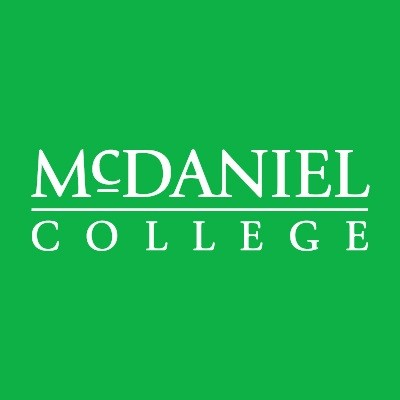

McDaniel College, in Westminster, MD, offers a basic Master of Science in Gerontology degree. The program calls for the completion of 36 credit hours, which includes 15 hours of core courses, 12 hours of electives, one three-credit independent learning component, and a six-credit thesis or extended capstone project. All graduates must have a GPA of 3.0 or higher and no more than one course at or below a grade of “C.” All courses are offered online.
The application process is straightforward. Prospective students must hold a bachelor’s degree with a minimum 2.5 GPA from a regionally accredited college or university, pay a non-refundable application fee, submit a personal goals statement describing their academic and career goals, and provide three letters of recommendation.
University of Southern California
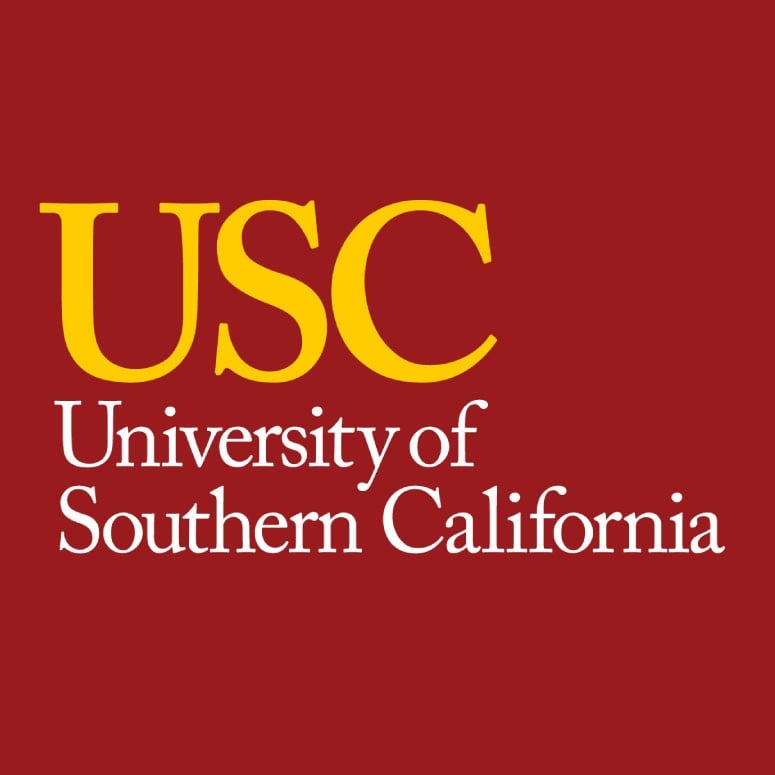
University of Southern California’s Davis School of Gerontology offers a Master of Science degree that positions graduates to pursue policy education and research while simultaneously studying the basic mechanics of longevity and population health. In addition to its standard coursework, the program encourages internships and provides opportunities for grant writing as a part of its capstone course.
If enrolled full-time, most students can complete the program in two years, while part-time students require an average of two to three years for completion. Some of the courses offered are: Life Span Developmental Psychology and Sociology, Integrating Gerontology: A Multidisciplinary Approach, Case Studies in Leadership and Change Management, and a required field practicum intended to help students learn how to translate classroom theories into real-world practices.
Priority and regular admissions deadlines are March 1 and Aug. 1, respectively. Admissions requirements are similar to those of other colleges in this list.
While USC is a well-known university for good reason, it is important to note that it is also the most expensive institution in this list, with an average net price of $32,892 per semester.
University of Louisiana at Monroe
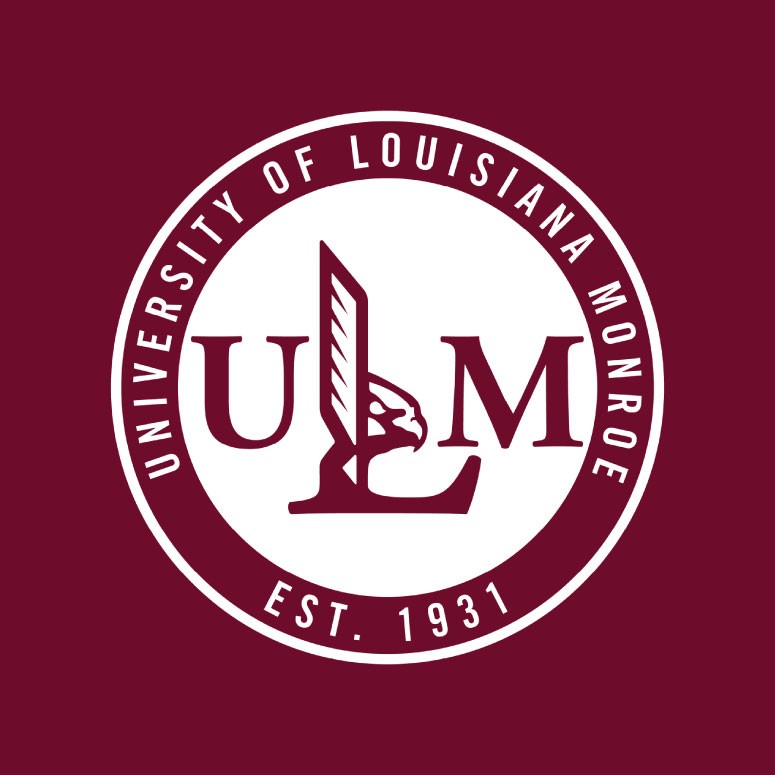
Michael Adams, a Graduate Assistant in the Gerontology Department at the University of Louisiana at Monroe comments, “…my work as a GA in Gerontology is not only rewarding, it has given me a newfound optimism for the aging process.” This is the kind of mindset that graduates of ULM’s Gerontology Department emerge from the program with.
To gain admission, students must meet the general requirements for ULM’s graduate school and one of three additional criteria laid out on ULM’s website, which factor in applicants’ undergraduate GPA, GRE scores, and previous professional experience in the field of gerontology.
Once enrolled, students complete 36 credit hours, consisting of a core curriculum and the selection of one of six areas of specialization. These include Program Administrator, Aging Studies, Long-Term Care Administration, Small Business Management, Mental Health, and Grief Care Management. These specializations allow students to tailor their studies to their interests.
With an average net price of $10,787 per semester, ULM is the most affordable college in this list and a wonderful option for people interested in the degree.
Webster University
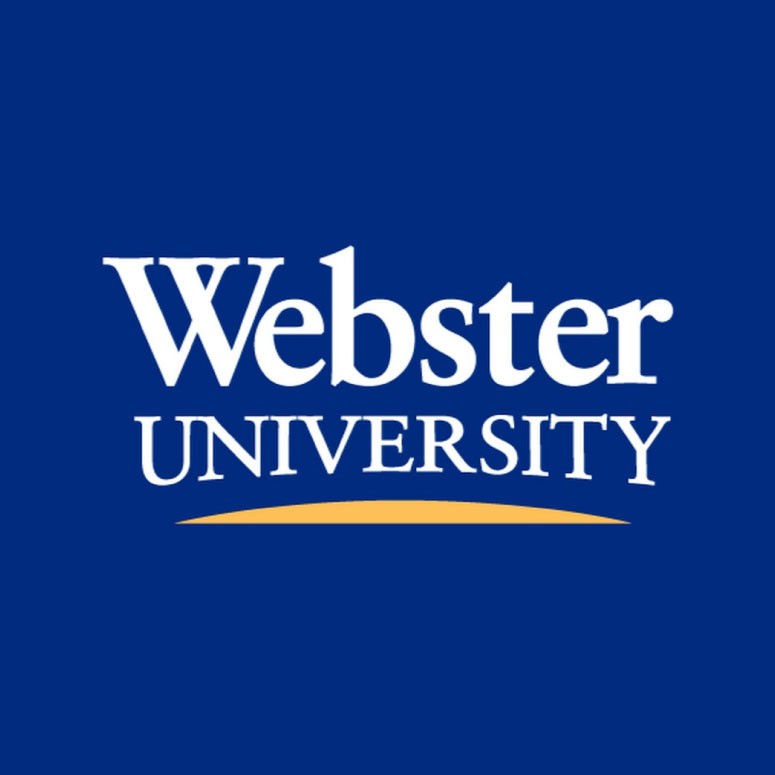
The courses in Webster University’s Master of Arts in Gerontology program draw from a variety of disciplines, such as management, the behavioral and social sciences, economics, political science, and the natural sciences. This multidisciplinary framework establishes a broad educational base to help students understand the impact of aging on individuals and cultures.
As with other programs in this list, Webster requires applicants to hold a bachelor’s degree with a minimum 2.5 GPA. Other requirements are detailed once the application process begins. The 36 credit hours required in this program include eight core courses, which are supplemented by electives contained within the gerontology major and/or the curricula of other majors. In this way, Webster’s MA in Gerontology is unique, compared to the others detailed in this article, since students can earn an MA in Gerontology while simultaneously taking courses in other subjects of interest to them.
While the positives of Webster’s curriculum make it worthy of consideration, its average net price per semester is quite high, at $23,835, which may be an important consideration for potential applicants.
National University
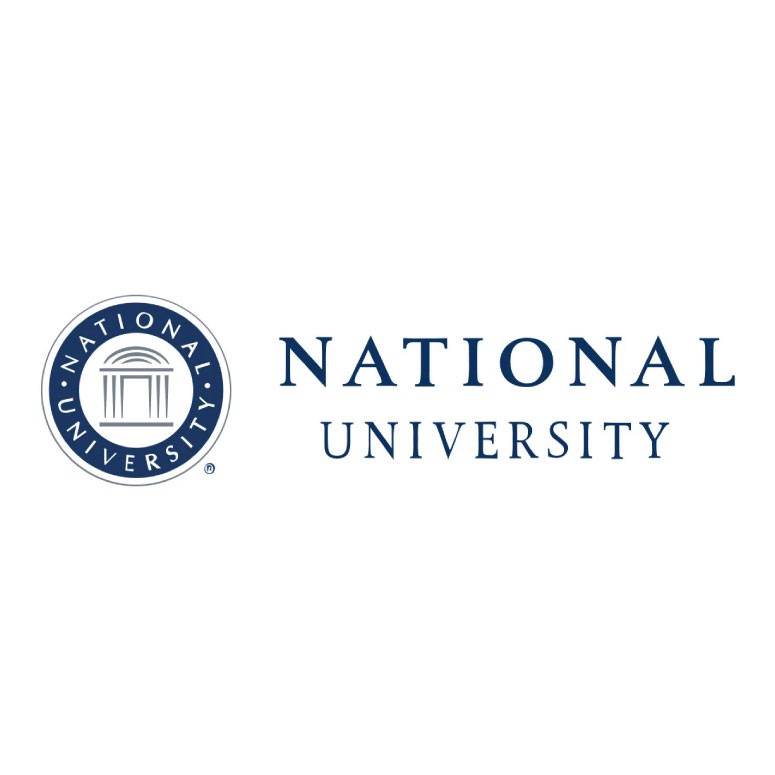
National University’s MA in Gerontology is focused on providing conceptual and clinical knowledge to professionals with established careers who want to increase their proficiency in the field. The program’s coursework can be tailored to those already providing direct services to the eldery, or students interested in conducting research.
Graduates with a master’s degree in gerontology from National University will be qualified to work with the following types of institutions:
- Community, human service, and religious organizations
- Health care and long-term care institutions
- Federal, state, and local government agencies
- Retirement communities
- Academic and research settings
- Private businesses and corporations
Master’s students must complete at least 54 quarter units of graduate work, including an integrative project spanning 9 quarter units; 31.5 of these units are earned through seven core courses, while the remaining 22.5 come from five elective courses.
The greatest benefit of studying at National University is its system of 4-week classes. Coursework is more intensive when delivered this way, compared to longer courses, but the format also allows students to focus on one subject at a time, one month at a time, and finish their degree relatively quickly.
University of Indianapolis

The University of Indianapolis’ Master of Science in Gerontology is well worth potential students’ consideration. This program is multidisciplinary in nature and is intended to mesh well with a variety of professional backgrounds.
Admission requirements include a bachelor’s degree with a minimum 3.0 GPA, submission of original transcripts from all colleges and universities previously attended, a professional resume, three letters of recommendation (from academic and/or professional sources), a $50 application fee and an essay of 1,000 – 1,500 words that explains the applicant’s interest in aging studies and how they plan to use the degree in the future.
The program can be completed in as few as 18 months. It consists of 36 credit hours, which are broken down as follows:
- Four core courses and one required skills course (15 credit hours)
- Three concentration area/specialty track courses (9 credit hours)
- One additional skills course of choice (3 credit hours)
- Two elective courses (6 credit hours)
- Capstone seminar (3 credit hours)
Classes run on a traditional semester schedule, beginning in August, January, and May.
Frequently Asked Questions
A Master’s in Gerontology can be worth it for those passionate about understanding and addressing the needs of older adults. It offers specialized knowledge in aging-related issues, preparing individuals for roles in healthcare, social services, or policy development. However, its value depends on personal career goals and the specific field of interest, as some positions may require or highly value advanced degrees, while others prioritize experience and certifications.
Here are some common professions associated with a Master’s in Gerontology degree:
• Social Worker
• Health Services Manager
• Home Health Aide
• Social Scientist
• Public Health Director
Clearly, you’ve got options with this degree. Your day-to-day could involve direct health care, data analysis, talk therapy, policy visioning, and more. Our aging population is every bit as active in society as other age brackets. As such, we need professionals in place in every sector to meet their specific needs.
Since the career paths for this degree are varied and diverse, it can be hard to offer a ballpark salary for someone with a Master’s in Gerontology. However, here’s a snapshot of the general mid-career salary earnings for some of the most common professions in the field (according to the Bureau of Labor Statistics):
Health Services Manager: $104,830
Social Scientist: $94,560
Health Social Worker: $62,760
One thing that is guaranteed for this field is job availability. Right now, there are 76 million baby boomers living in the United States, all aged between 55 and 75 years old. In the coming years, this population will increasingly depend on social services specifically catered to their needs.
An online Master’s in Gerontology typically takes around 1.5 to 2 years to complete. Some programs offer accelerated options. The duration can vary based on:
• credit requirements
• course structure
• whether the student is studying full-time or part-time
Yes, gerontology is a rapidly growing field due to the aging population worldwide. With people living longer, there’s an increased need for professionals specializing in older adult care, healthcare management, policy-making, and research to address the unique needs of aging populations. This growth creates diverse opportunities for careers focused on improving the lives of older adults.
Related:
